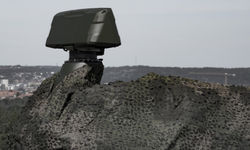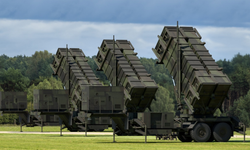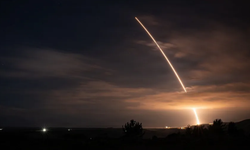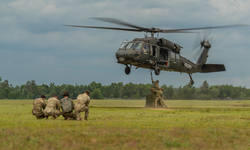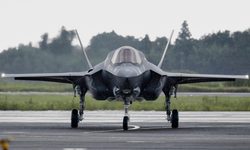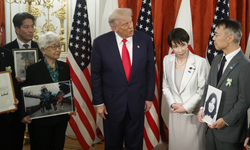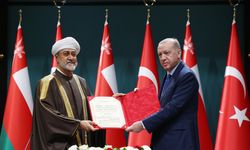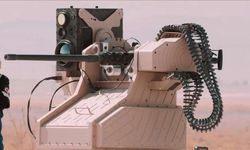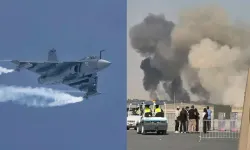The United Nations Security Council convened an emergency session on Sunday following U.S. airstrikes targeting Iran’s nuclear facilities. The meeting, requested by Iran, saw Russia, China, and Pakistan propose a draft resolution demanding an immediate and unconditional ceasefire in the Middle East.
UN Secretary-General Antonio Guterres warned the Council that the U.S. strikes marked “a perilous turn,” urging swift action to end hostilities and resume negotiations on Iran’s nuclear program. “We must act – immediately and decisively,” he said.
The airstrikes, announced by Donald Trump as having “obliterated” Iran’s key nuclear infrastructure, mark the most significant Western military action against Iran since 1979. Tehran’s formal response has yet to be issued.
Russia and China condemned the attacks. China’s Ambassador Fu Cong said, “Peace in the Middle East cannot be achieved by the use of force,” emphasizing that diplomatic avenues remained open. Russia’s envoy, Vassily Nebenzia, likened the justification to the 2003 U.S. case for invading Iraq, accusing Washington of repeating historical mistakes.
Acting U.S. Ambassador Dorothy Shea defended the strikes, claiming Iran had long concealed its nuclear weapons ambitions and undermined negotiations. “The Iranian regime cannot have a nuclear weapon,” she told the Council, calling on members to pressure Tehran to halt its alleged pursuit of nuclear arms and hostility toward Israel.
Iran’s UN Ambassador Amir Saeid Iravani condemned the strikes as violations of international law, accusing the U.S. and Israel of destroying diplomacy and manipulating the nuclear non-proliferation treaty into a political weapon. “It has been exploited as a pretext for aggression,” Iravani said.
Israel’s UN Ambassador Danny Danon welcomed the U.S. action, calling it “the last line of defense.” He claimed Iran had used negotiations as cover to build weapons. “A nuclear Iran would have been a death sentence just as much for you as it would have been for us,” he warned.
A vote on the proposed ceasefire resolution has not been scheduled. The draft text, obtained by Reuters, condemns attacks on Iranian nuclear facilities but does not name the U.S. or Israel. The U.S. is expected to oppose the resolution, which would require nine affirmative votes and no veto from any permanent member to pass.
Britain’s UN Ambassador Barbara Woodward urged restraint and a return to diplomacy. “Military action alone cannot bring a durable solution,” she said.
Rafael Grossi, head of the International Atomic Energy Agency (IAEA), confirmed that while there was visible damage at Fordow, the extent of underground destruction remained unclear. Entrances to storage tunnels at the Isfahan complex and parts of Natanz were also hit. Iran has reported no increase in radiation levels at the affected sites.

